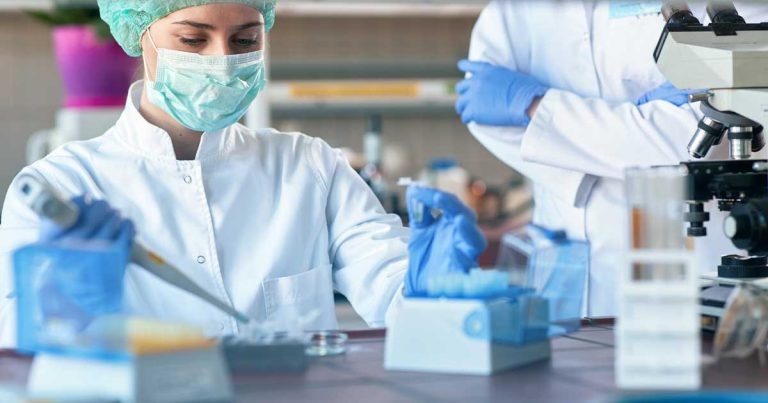12 Nov 2025
Tens of millions of pounds are to be made available as ministers announced new targets for cutting tests over the next five years.

Image: © luckybusiness / Adobe Stock
Ministers have been challenged to deliver following the launch of a new plan that they claim will phase out animal testing faster than previously expected.
A £75 million funding package was announced yesterday (11 November), along with several new targets to reduce the testing burden over the next five years.
The measures have been widely welcomed by groups, including the RSPCA, though it warned the Government must now move swiftly to ensure the UK does not “fall behind” other countries.
Its senior science and policy manager, Barney Reed, described the plan as a “significant step forward” that clearly indicated the future path.
But he added: “It is vital that the UK grasps this opportunity and builds on this foundation.
“Governments and industry across an increasing number of countries around the world are recognising the significant scientific, economic and ethical benefits offered by these new innovations and are rushing to position themselves as leaders.”
The new plan includes a specific commitment to end regulatory animal testing for skin and eye irritation, plus skin sensitisation, from new treatments by the end of next year.
Researchers will also be expected to end botox strength testing on mice by 2027, while studies on how drugs move through the bodies of dogs and non-human primates are planned to be cut by 2030.
The plan also includes moves to provide foundation training in alternative methods and the publication of research priorities from next year.
Under UK law, it is already illegal to use animals in scientific research where a “working, non-animal” alternative is available.
But the report argued that progress in science and technology, plus increased regulatory and political commitment, had brought the issue to “a tipping point”.
It said: “Enabling the properly regulated use of animals is essential to improving the health and lives of humans and animals and to the safety and sustainability of our environment, and we will continue to support the appropriate use of animals where reliable and effective alternatives are not yet available.
“But we will not accept a slow pace of change when scientific and technical advances mean that a faster transition away from animal use is possible.”